Hungary: Coach Jose Mourinho's tactics were out of sync with the flow of modern football, but he still knew how to lead Roma to the Europa League final.
For the past two years or so, Italian football and Serie A have witnessed familiar face-tossing tactics from Jose Mourinho. The same grumpy expression, as if harboring some deep-seated resentment. The same man living in the world of football, yet seemingly straight out of a fictional movie. The same "bossy" demeanor on the coaching bench, the same masterful control of press conferences with his psychological manipulation and sharp, biting language. Sometimes, Mourinho gives the impression of being paranoid, stubbornly believing his club is the victim of some sinister conspiracy orchestrated by referees, the media, and football administrators.
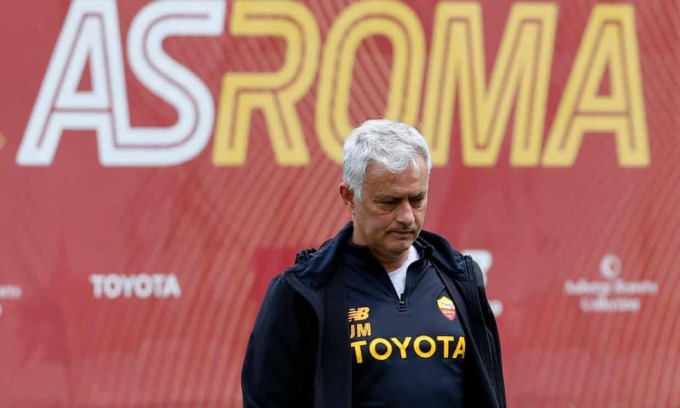
Mourinho's familiar grumpy, unapproachable demeanor during a Roma training session at their Trigoria training ground in Rome. Photo: Reuters
Mourinho hasn't changed from a decade ago, and his style of football and his winning methods remain the same . Only 28% possession, just one shot on target compared to 23 from their opponents, an expected goals value of only 0.03, and only 54 minutes of actual play despite a total of 14 minutes of added time – that was Mourinho's Roma in their 0-0 draw in the second leg of the Europa League semi-final against Leverkusen.
But that result was enough for the 60-year-old coach's team to secure a place in the final. It was a victory for the style of football that Mourinho cherishes and pursues, reminiscent of how he led Inter to victory over a powerful Barcelona side in 2010. The scene at Bay Arena after this Europa League semi-final second leg differed from Camp Nou 13 years ago only in that Mourinho didn't run around the pitch celebrating arrogantly. "I can't do that in front of people I consider friends, and Xabi Alonso is a friend," the Portuguese coach explained. Alonso was Mourinho's favorite pupil during his three seasons managing Real Madrid from 2010-2023, and they later became close friends.
The Guardian commented: "Mourinho's Roma won by a narrow margin at home in the first leg, so why should they try to play attacking football away from home? You don't need to be Mourinho to understand that, and you would do it if you were Mourinho."
For the past 15 years or so, top-level club football has shifted towards concepts of ball control and high-pressure play, meaning playing proactively and in a dominant position. But Mourinho seems to be outside this trend.
An event in the summer of 2008 transformed Mourinho into the coach he is today . It was when Barcelona decided to choose Pep Guardiola – a newcomer to the profession – as head coach, instead of the experienced Mourinho. This confirmed a long-held suspicion of the Portuguese coach that the Catalan club had never truly accepted him, despite his association with them since the late 1990s as an interpreter and then assistant to coaches Bobby Robson and Louis van Gaal; that he was merely an outsider and that Barca would only choose those who truly belonged to them. This incident effectively turned Mourinho into an opponent of Barca, against the school of thought the club advocated: if they, or anyone else, wanted to play with the ball, Mourinho would win without needing it.
However, the style of football Mourinho pursued at the beginning of his career didn't necessarily start that way. His Porto, Chelsea, and Real Madrid teams all showed a degree of flexibility and adaptability, sometimes playing attacking football. If Guardiola is considered the most widespread propagator of "Juego de Posicion" or "position-oriented football," Mourinho also belongs to this school of thought.
But after that rejection from Barca, Mourinho began to follow a path completely opposite to Guardiola's principles. He championed the motto "the one who has the ball will always carry fear" and remained particularly loyal to this philosophy since his second stint with Chelsea.
The past 15 years, since that summer of 2008, have had their own unique moments. Rejected, Mourinho could not afford to retreat. He always plotted his revenge. Mourinho's achievements with Inter are memorable in their own way. In the second leg of the 2010 Champions League semi-final, Mourinho's team lost 0-1 with only 10 men on the field and only 19% possession, but still reached the final with a 3-2 aggregate victory. That great revenge against Barca was even more important than Mourinho's Real Madrid later winning La Liga in 2011-2012, ending Guardiola's successful reign with Barca.
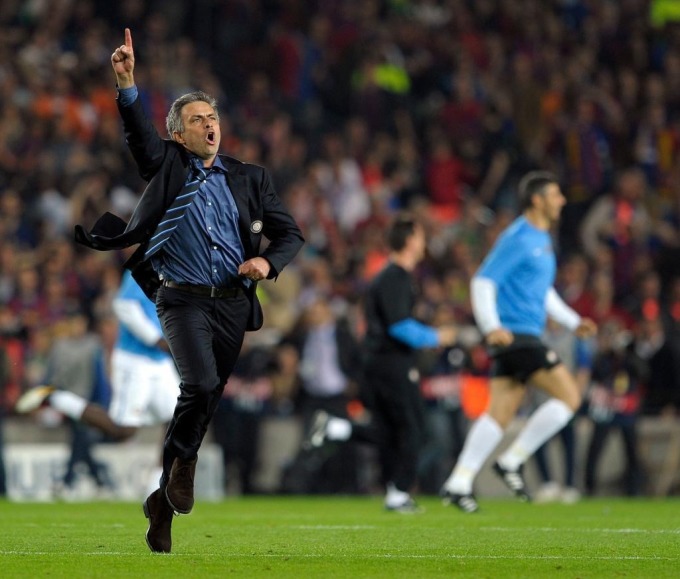
Mourinho excitedly ran around Camp Nou celebrating Inter's 3-2 aggregate victory over Barca in the second leg of the 2010 Champions League semi-final. Photo: AFP
Guardiola may have been exhausted after two consecutive years of battling Mourinho in Spain, but that battle also took more from the "Special One." The last time Mourinho won a domestic league title was the Premier League with Chelsea in the 2014-2015 season. But then, he was sacked midway through the following season. After that came years of increasing disappointment at Man Utd and Tottenham, although it's not that Mourinho didn't achieve anything at both clubs.
Mourinho once led Man Utd to a second-place finish in the Premier League, winning the League Cup and the Europa League. Subsequent Man Utd teams have yet to match Mourinho's achievement of 81 points in the 2017-2018 season, where they finished second, and have not won any other trophies up to this season's League Cup.
Mourinho also led Tottenham to sixth and then seventh place by the time he was sacked a week before the 2021 League Cup final. These may not be particularly impressive achievements, as Antonio Conte's Tottenham qualified for the Champions League the following season. But the chaos the team is experiencing in the 2022-2023 season shows that Tottenham are no better off than when Mourinho left.
The reality over the last 10 years or so shows that teams only turn to Mourinho when they have already started to decline, and they seek his help to slow that process down. "Ultimately, the hope of improving the situation is much easier than starting a complete overhaul of a club," commented the Guardian .
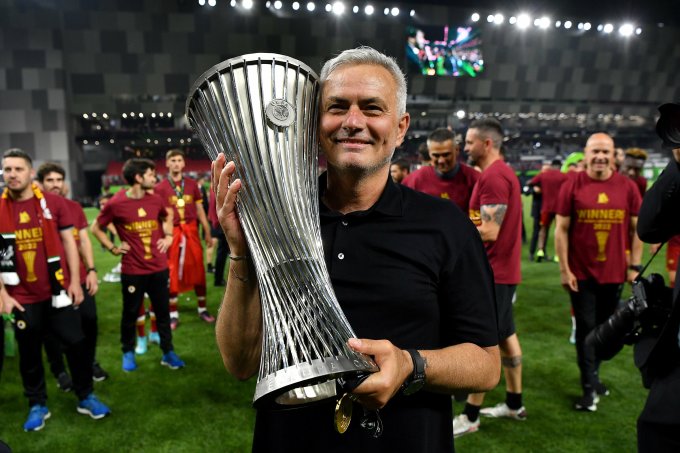
Mourinho celebrates the 2022 Europa Conference League trophy with Roma after their 1-0 victory over Feyenoord in the final against Tirana, Albania. Photo: UEFA
The decline over the past few years seemed to be bringing Mourinho's career to a gradual decline . He is 60 years old and not as concerned with money. The manager also no longer has the same fierce fighting spirit as before. But football still needs Mourinho, as a nostalgic and interesting memory.
Mourinho's Champions League victories with Porto in 2004 and Inter in 2010 are among the few instances where mid-sized teams overcame the dominance of wealthy clubs. In this evolving landscape, Mourinho is no longer at the forefront of tactical innovation. He deliberately chooses an outdated path, like a weaver who values the fabric he produces on a hand loom rather than a spinning machine.
Mourinho is now a figure of the past, bridging old memories within a progressive movement that many sometimes find difficult to keep up with.
Over the past few weeks, Mourinho has been punished for his comments about referees, witnessed an assistant being sent off for attacking an opponent, and further wounded Tottenham fans by taking jabs at chairman Daniel Levy. But these are precisely the kinds of performances people want to see Mourinho deliver, at least for now.
Twenty years have passed since Mourinho's first European Cup final. That was when his Porto team, in the UEFA Cup final, resorted to time-wasting tactics and feigned injury to defeat Celtic in Seville, Spain. Today, Mourinho faces another final, this time against Roma and Sevilla, a name that evokes nostalgic memories. This isn't a match at the highest level anymore. But Mourinho remains confident he knows how to lead his team to victory, just as he did with Roma in the Europa League final last year. And Mourinho still knows how to capture everyone's attention.
Hoang Thong (according to Guardian )
Source link








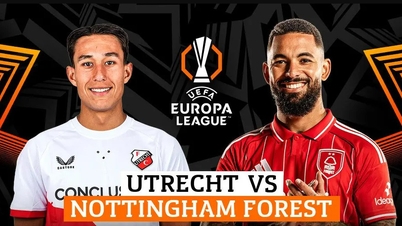

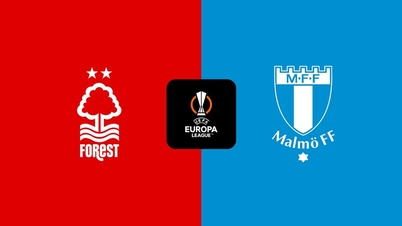
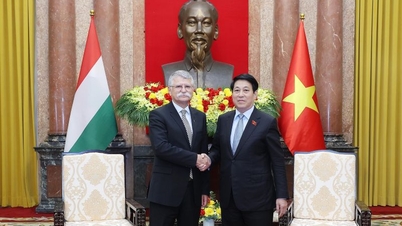

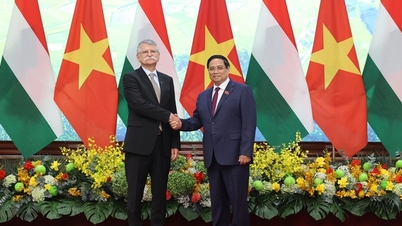

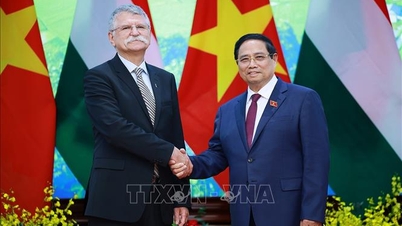
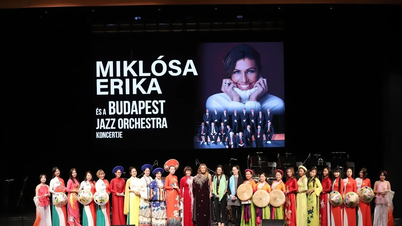

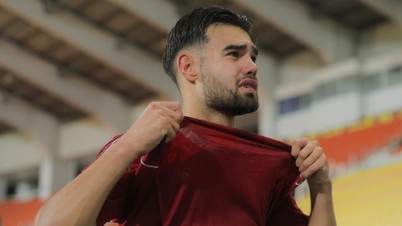

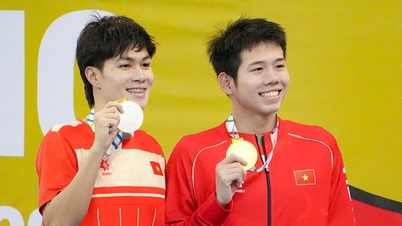
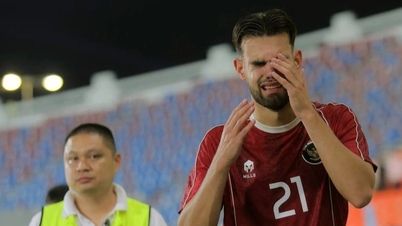



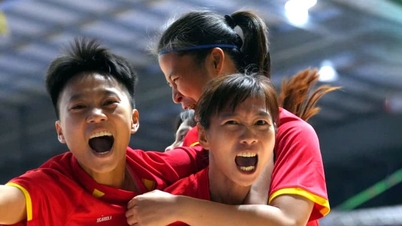
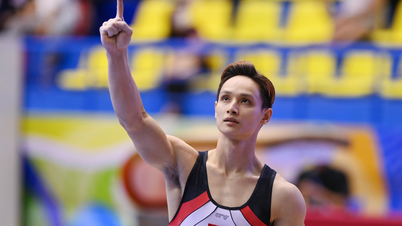











![[Image] Close-up of the newly discovered "sacred road" at My Son Sanctuary](/_next/image?url=https%3A%2F%2Fvphoto.vietnam.vn%2Fthumb%2F1200x675%2Fvietnam%2Fresource%2FIMAGE%2F2025%2F12%2F13%2F1765587881240_ndo_br_ms5-jpg.webp&w=3840&q=75)





























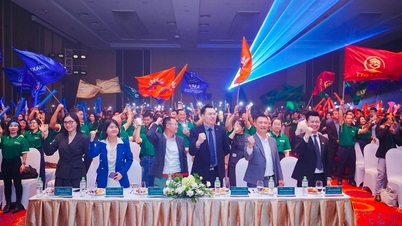










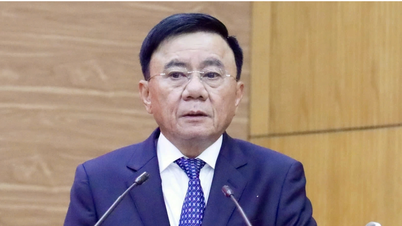
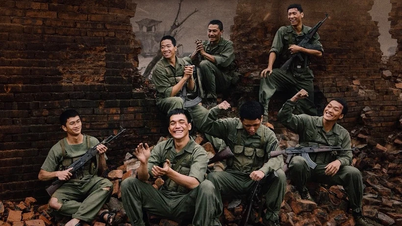
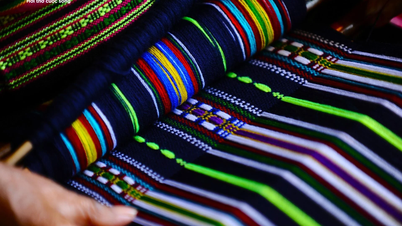

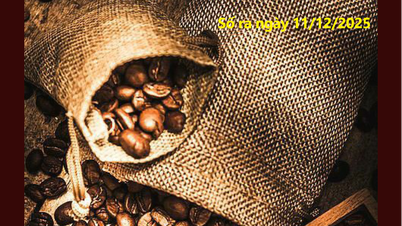

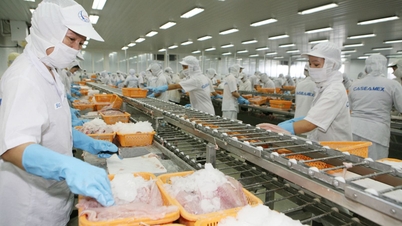
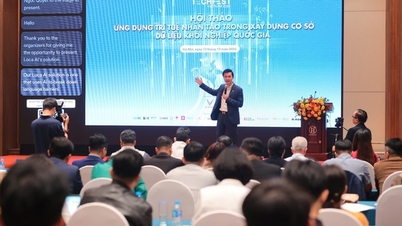

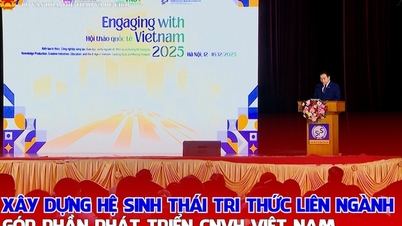

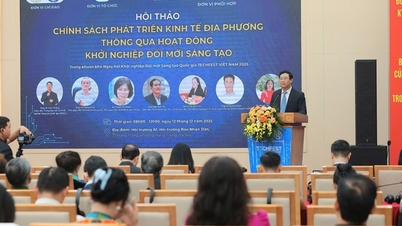




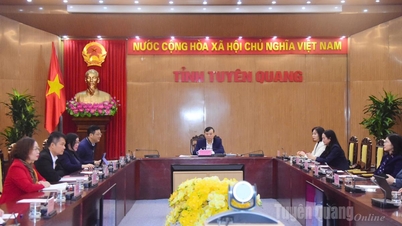

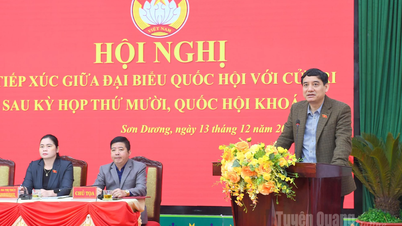
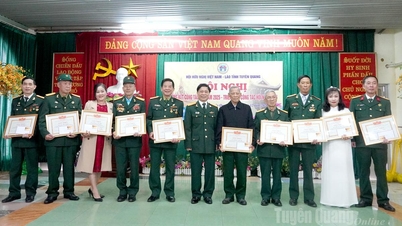
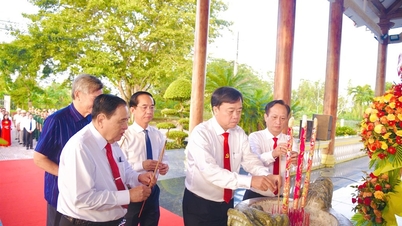











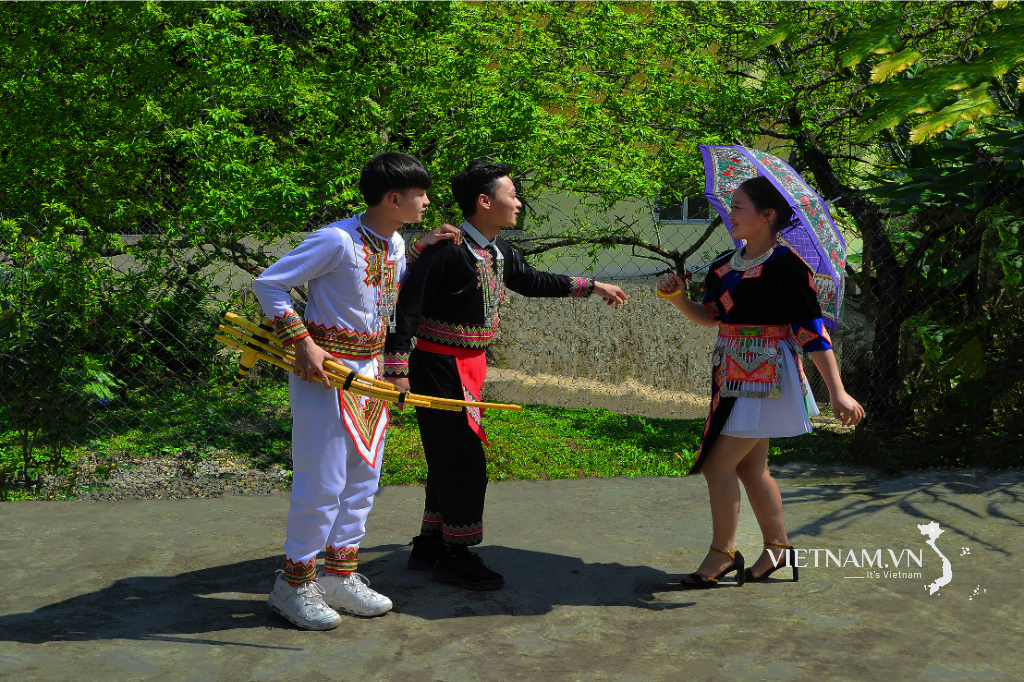


Comment (0)